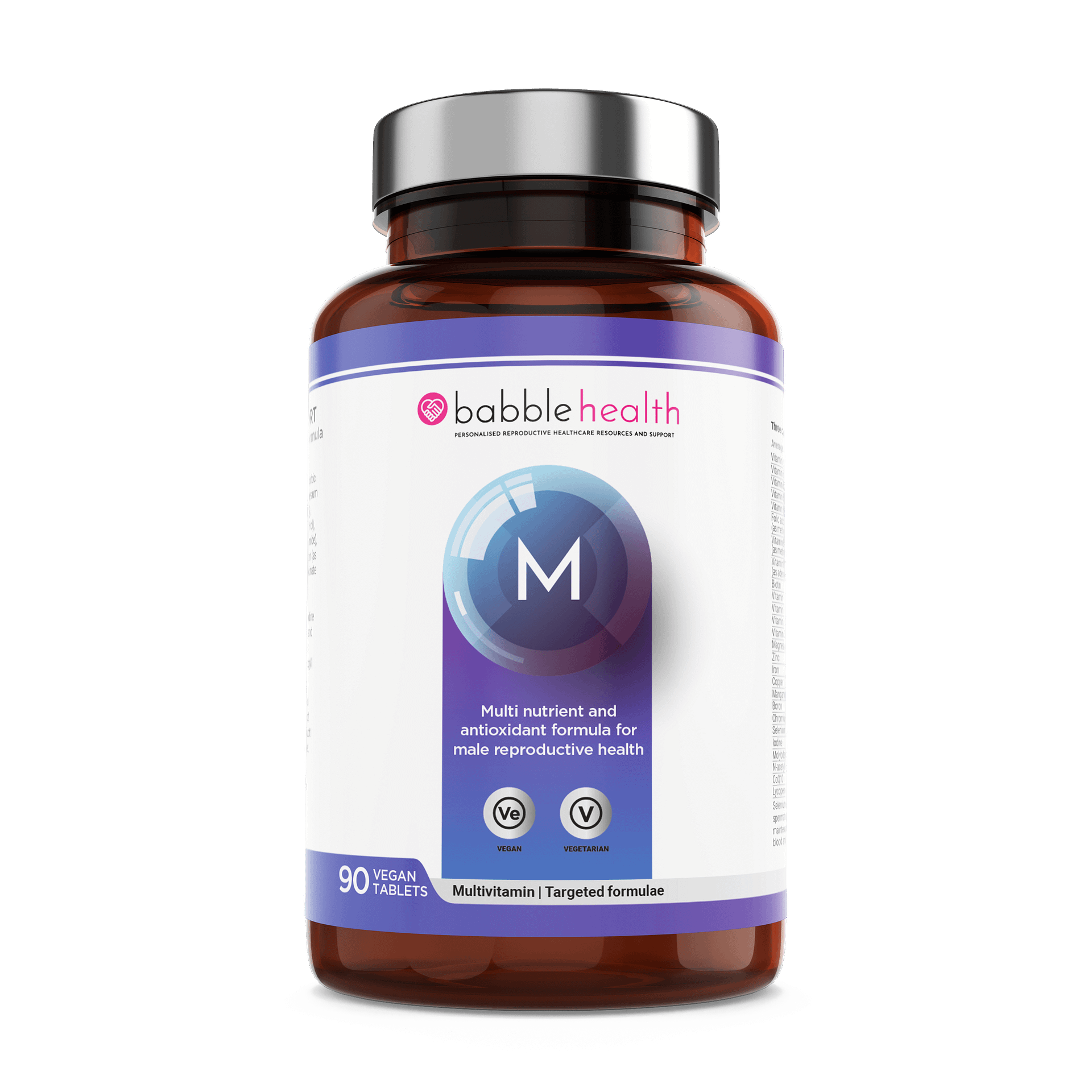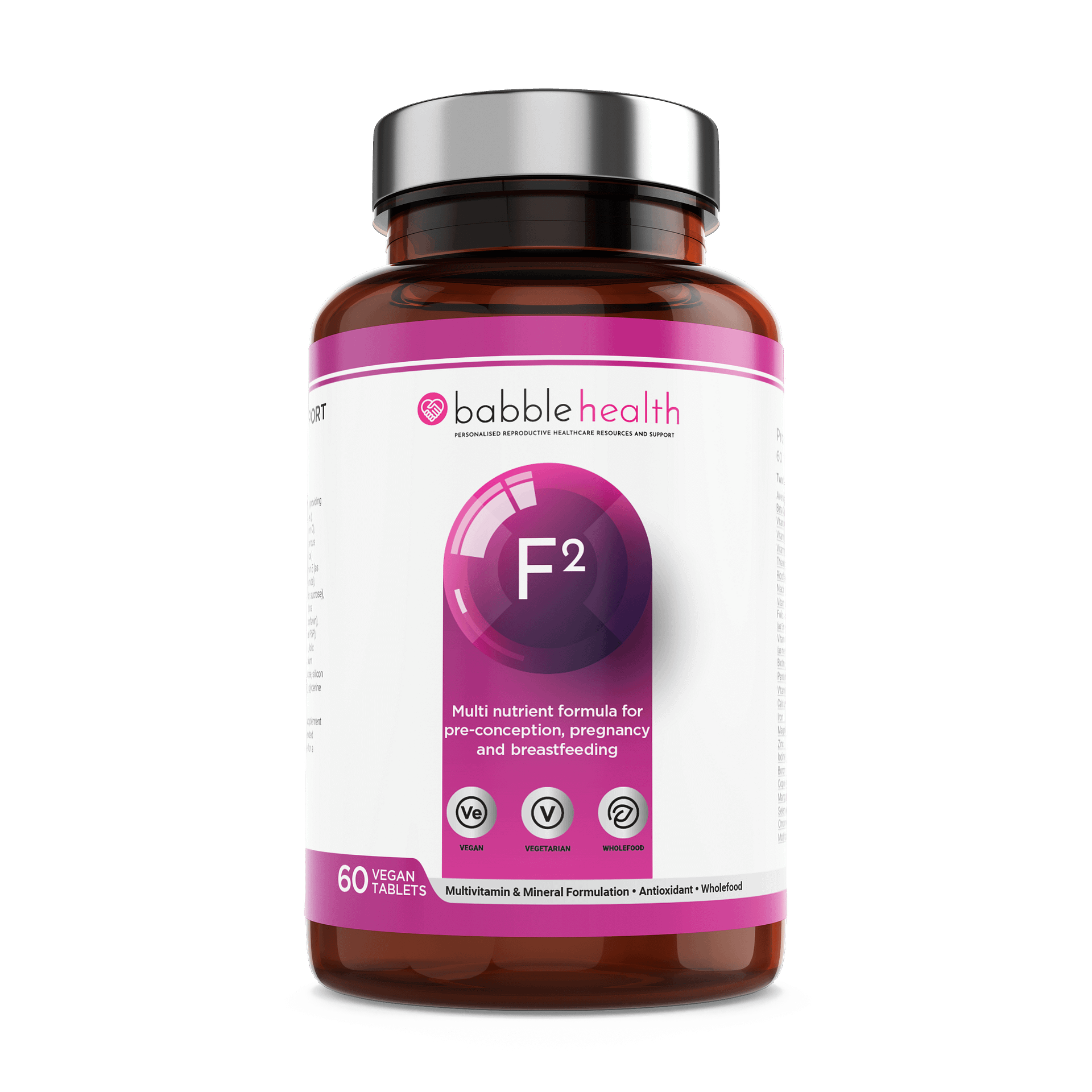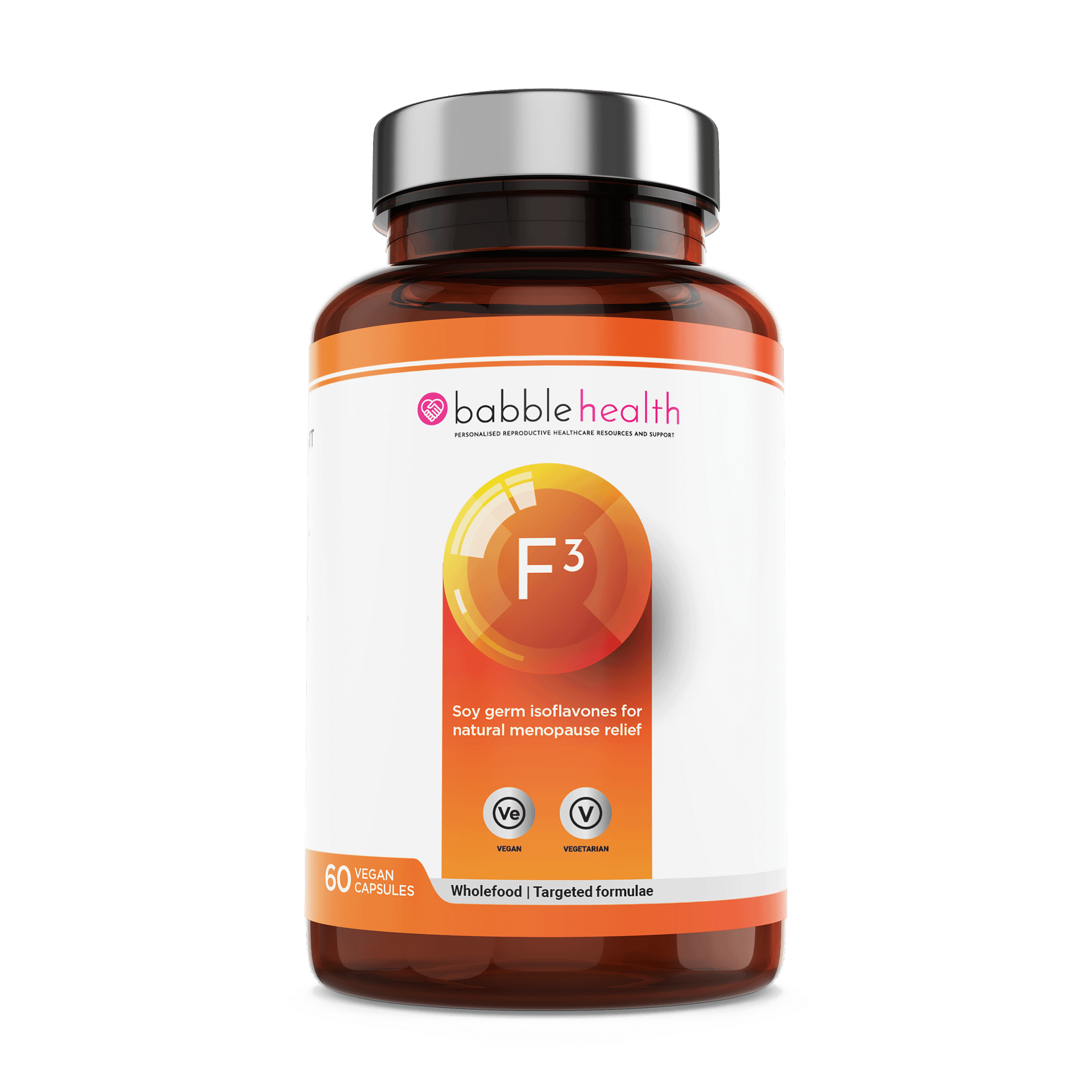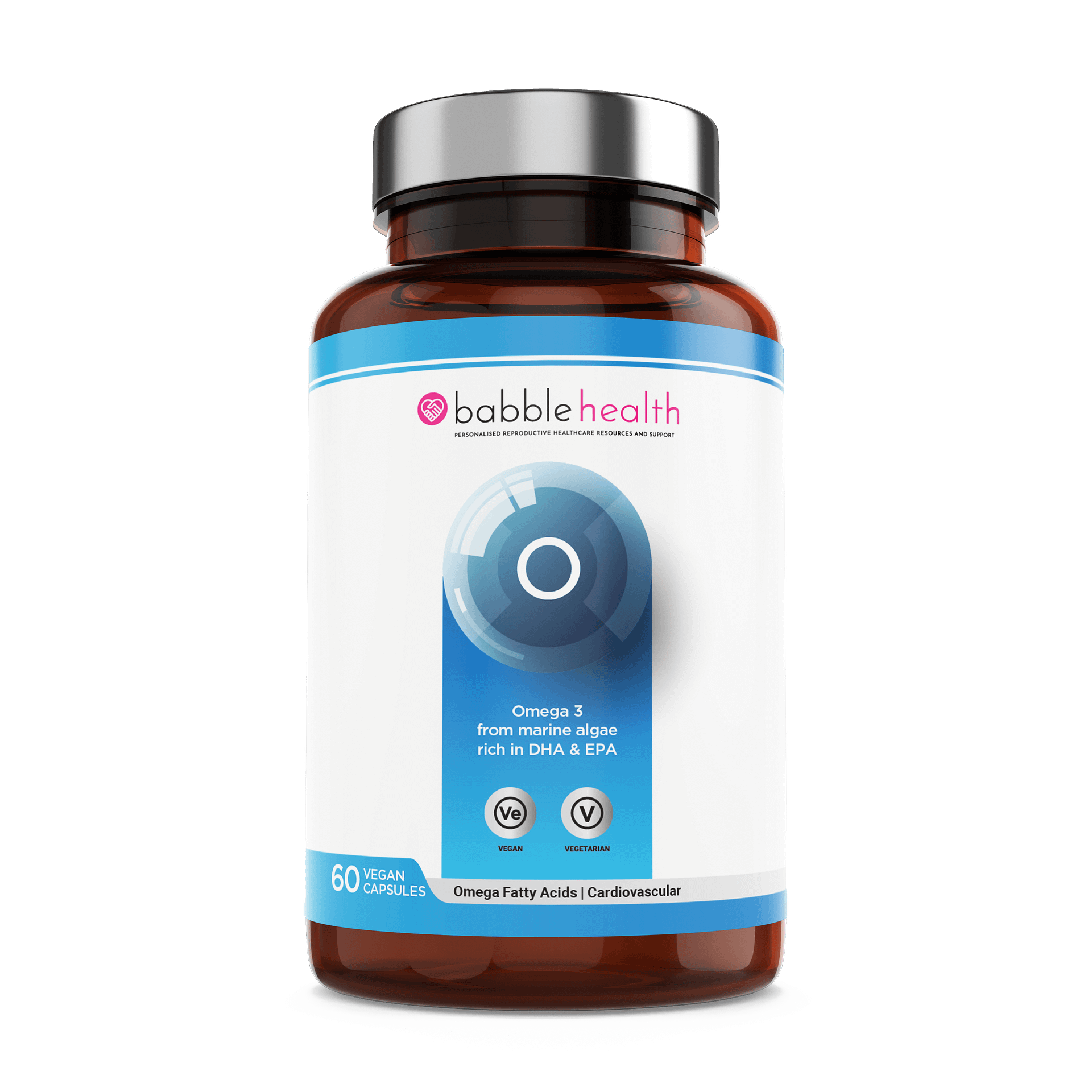Understanding your body and the changes that can happen to it during IVF, is one way to really feel in control. In this article, we want to look at the dreaded bloat that can happen during an IVF cycle
We turned to Dra. Rut Gómez de Segura, gynaecologist fertility expert at IVF Spain, Madrid– and asked her to explain why the body bloats and what you can do to ease this uncomfortable side effect.
When during an IVF cycle does the bloating occur?
The first thing we all should know and remember is that not everyone feels the bloat. It is true though that it is common to have a slight degree of bloating, usually before the egg retrieval. Moderate or severe degrees of bloating are very rare. The pain is similar but a little stronger than the ovulation pain or the premenstrual pain a lot of us feel every month, but it really varies a lot from one woman to another.
What causes you to bloat? What is happening to your body?
The bloat is due to the growth of the ovaries because of the development of the follicles. Normally, we only have one dominant follicle, which already can give us some kind of pain, but with an IVF treatment, several follicles are developing. The more follicles a woman has, the more swelling she might experience.
Is there anything you can do to avoid bloating? Are there any foods I can eat, pain relief I can take?
For minor cases, the best thing to do is to continue with normal life – being active, walking, or taking some exercise, drinking a lot of water and having a varied and healthy diet.
If you experience high discomfort, you can take paracetamol but not anti-inflammatory drugs that could interfere with the medication.
How will the doctor know when it’s time to collect my eggs?
The decision regarding the ideal moment for the egg retrieval will depend on the size of the follicles (which will be assessed by ultrasound) and by levels of E2 (oestrogen) and P4 (progesterone) in the blood. For that reason, patients are monitored every few days, especially at the end of the stimulation.
What happens if I am not really responding to stimulation?
Please, don’t make it depend on how you are feeling. You can respond very well to the stimulation, without experiencing any bloating. Your response to the stimulation will be seen during the check-ups and your doctor will be able to adjust the medical plan or the doses of medication, if necessary.
What happens if I become overstimulated and really bloat before my eggs are ready for collection? What are the signs of OHSS?
The risk of severe hyperstimulation is currently very low. The signs would be: significant bloat of the abdomen, significant abdominal pain and weight gain more than 1kg per day for more than 2 days in a row and also less desire to urinate compared to what is drunk.
In case of OHSS, the first thing to do is a medical consultation with your doctor with an ultrasound and a blood analysis. Then, an adjustment or a change of the medication should be made. The egg retrieval will take place, but in a very monitored way. But patients should know that the transfer will not take place in the same cycle but when the ovaries have returned to their normal size.
I’ve been told I’ll need to take a “trigger injection” before egg collection. Why? What does the trigger injection do?
Yes, the trigger helps the oocyte to separate from the follicle membrane. In a natural cycle, it is the peak of the LH that does this trigger function. But because we use an antagonist, which blocks a possible ovulation before the egg retrieval, we have to help the body; the natural peak LH is not enough. The trigger helps the oocytes to separate from the membrane of their follicle, it makes them float inside so that they can be collected during the egg retrieval. It also helps the maturation of the oocytes.
What does egg collection feel like? Is it painful?
For the puncture, depending on the clinic, you can be offered 2 types of sedation and each one has its advantages.
Deep sedation: the patient does not feel anything and so we ensure that she will not move during the puncture either. She must fast because it is important that her stomach is empty so that no food can pass from the digestive tract to the respiratory tract.
Superficial sedation: you will feel something, like a few stings, but it is generally well tolerated. I always compare it to going to the dentist: it is not pleasant, but it is bearable. The advantage here is that the patient is aware of what is going on and actually witnesses the puncture.
During the consultations, I always talk about it with my patients and it is then their decision to make. But, usually, they know themselves, their body and mind very well and choose very easily.
When does the bloating ease?
Usually, it goes away little by little and disappears about 5 days after the puncture. So by the day of the transfer, the patient is fine.
If you have any further questions about the IVF process please do drop us a line at [email protected], or contact Dra. Rut Gómez de Segura directly at IVF Spain








